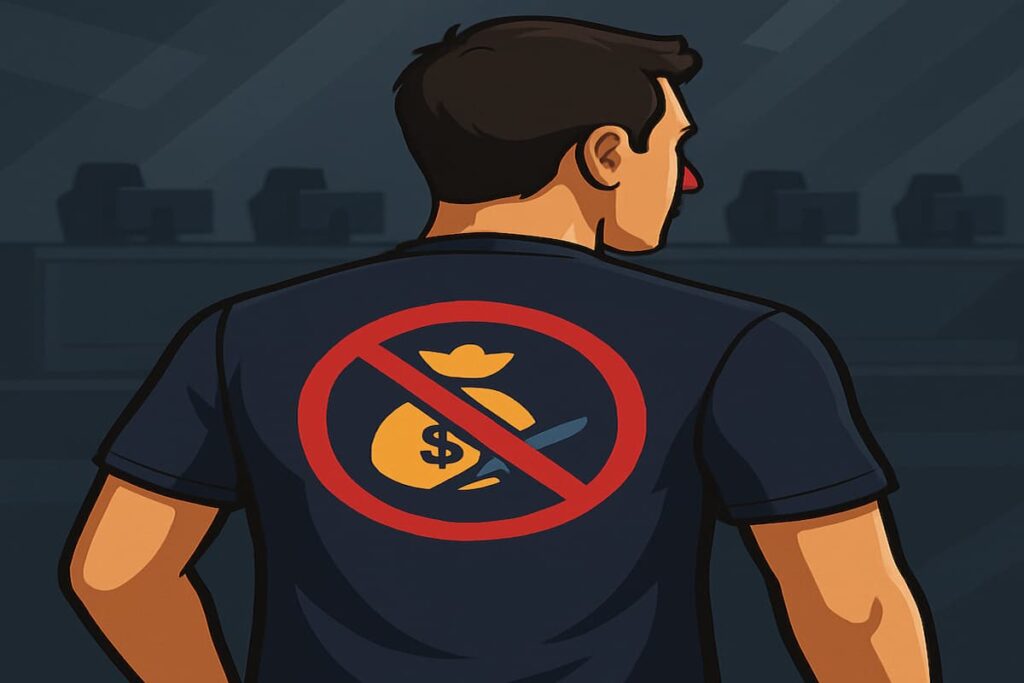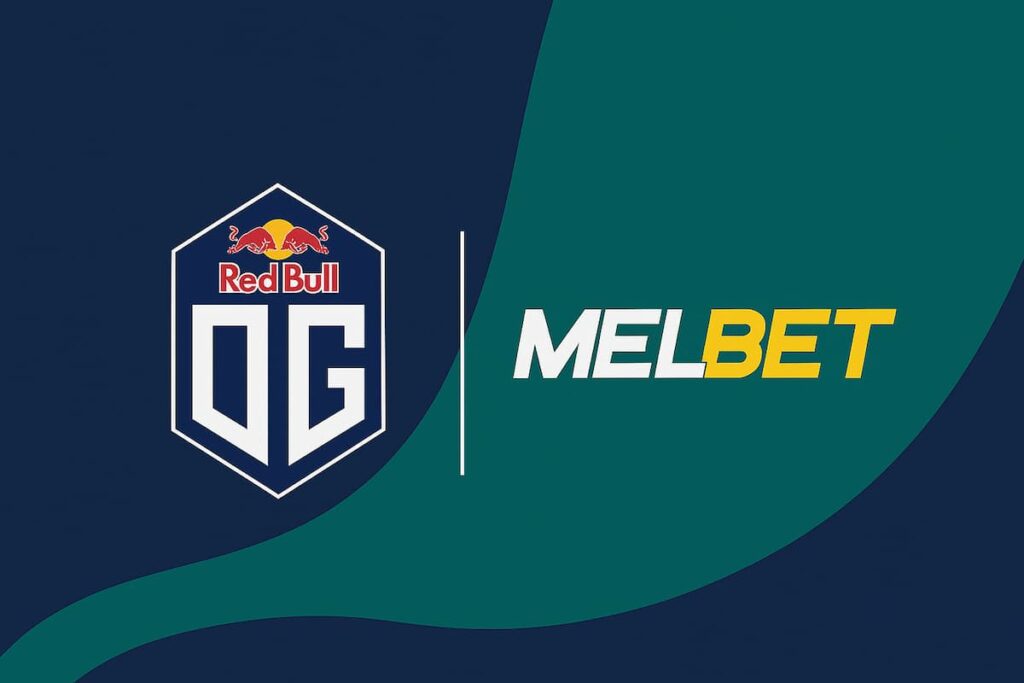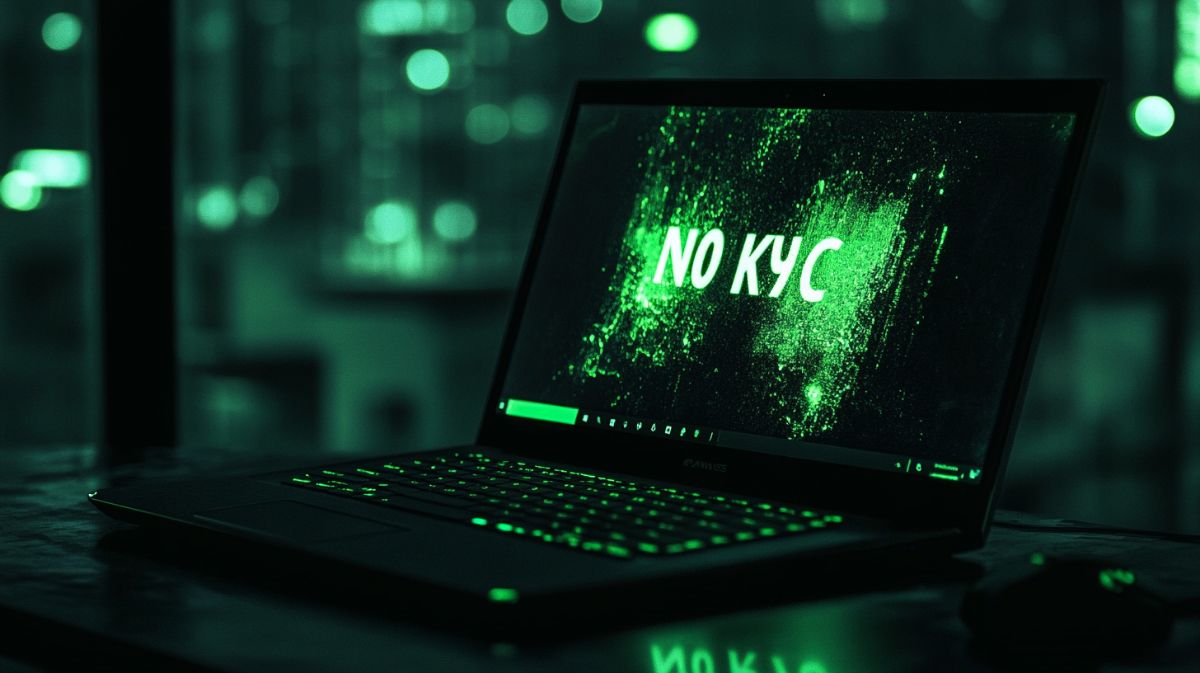Germany once again at the forefront of esports development
Once again Germany is paving the way for the wider recognition of esports as a competitive discipline. Starting in March 2020, esports athletes and professionals can obtain a dedicated esports visa in Germany. The new Skilled Immigration Act which was passed by the German Federal Government and States will enable non-EEC/EU citizen to easily obtain an approval by the Federal Employment Agency for their esports endeavors.
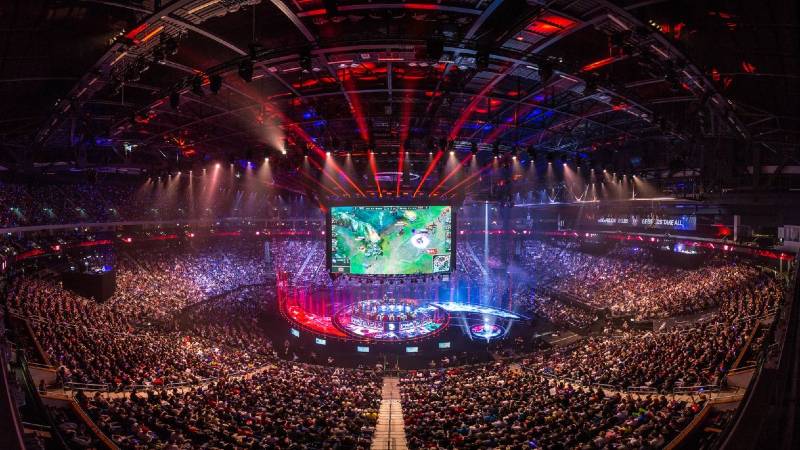
© Riot Games
“Teams and tournament organizers often have difficulties bringing non-EU-citizens into their respective countries. The plans of the German government are sending a strong signal to other countries and would be providing a best-case-study for other nations to follow up on.” Hans Jagnow the president of the ESBD (German Esports Federation) stated.
However, while the esports federation is strongly pushing for new legislation regarding esports. We have to note that the German Olympic Federation has repeatedly bashed at esports as not being a sport or a competitive discipline. So the marriage of esports professional and athlete is still uncertain.
Old Issues
Esports athletes have battled the Red tape surrounding esports for over two decades. Simply obtaining a visa in order to attend an esports competition can be a challenging endeavor for a lot of esports organizations. Usually, competitions held in the European Union countries are hard to access by Chinese or CIS players due to the Schengen requirements. The same goes for players from Non-EU countries or even North America if they want to attend events in South East Asia or China. The US did somewhat mitigate this issue by enabling esports athletes to get professional sports visas instead. But most of the world did not follow suit.
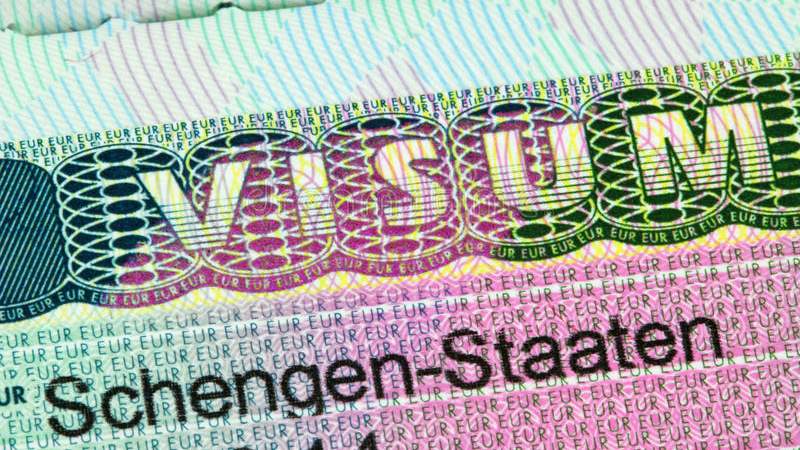
On top of not being able to have their work recognized, athletes could be swindled out of their prizes by the law itself. Some teams would go to attend an event in the country on a tourist visa which would make them unable to officially work in said country. Some dishonest tournament organizers would use that loophole to claim that the athletes did work illegally in said country and not pay out rewards.
Once all of the little things added up, esports gained a bad reputation as being underdeveloped and unstable as an industry for proper regulation to be viable.
But the winds are shifting.
Germany’s Impact
The latest announcement comes as true Christmas gift to many esports organizations globally. Knowing the role of Germany in European politics, it is not a stretch to assume other European and Non-EU countries will follow suit within the next year and allow esports athletes to obtain their dedicated esports visas. The decision also comes at a crucial time for the whole of esports as the International Olympic Committee openly spoke in favor of esports for the first time, while governing bodies like the International Esports Federation and the newly formed Global Esports Federation are cozy-ing up to National committees across the globe.
It does seem like the climate for esports will finally warm up in 2020.
Read also: Esports are debuting at the SEA Games and Esports Betting in Germany



